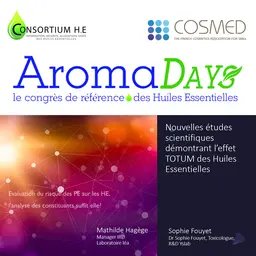
Anses publishes its research work on ammonium, potassium and sodium persulphate substances used in particular in hair bleaching products. The Agency concludes that the use of persulphates poses health risks to hairdressers and consumers. These sensitizing substances cause allergic reactions on the respiratory and skin levels. With regard to the effects and pathologies reported, Anses recommends that exposure of professionals and the general public to products containing persulphates be reduced to a minimum.
Ammonium, potassium and sodium persulphates are substances used for their oxidising properties, particularly in hair bleaching products. They have been classified as respiratory and skin sensitisers in the European CLP Regulation, and are the second leading cause of occupational asthma related to chemical exposure, after quaternary ammonium.
The Agency’s expert appraisal work, carried out as part of its mandate to implement the REACh Regulation, determined the risks for professionals and consumers associated with these sensitising substances, and identified the management measures to be implemented.
Health risks for hairdressing professionals and consumers
The work carried out by ANSES has demonstrated health risks for hairdressing professionals and consumers when these substances are used as ingredients in hair products. Persulphate substances are used in different forms in hair bleaching products: powders to be mixed in a liquid, granules, creams, and ready-to-use liquids. Occupational exposure occurs by the respiratory and dermal routes, mainly during the preparation, application and rinsing of these products. Consumers can also be exposed, either when using bleaching products designed for home use or as hair salon customers.
The analysis of the scientific literature and vigilance data showed that the vast majority of cases of allergic reactions related to these substances …













